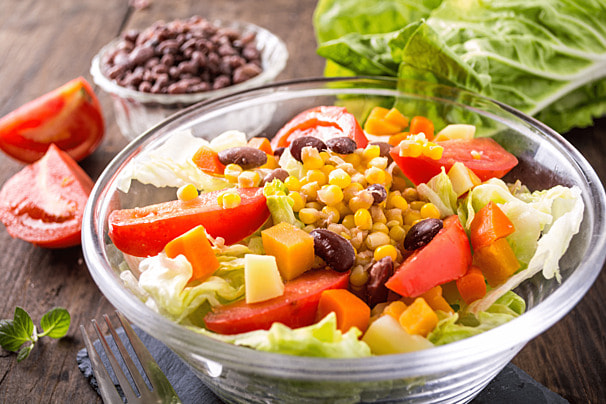Introduction:
Losing weight can be a challenging journey, especially for women who are looking to shed some pounds. A well-structured meal plan can provide the necessary guidance and support to achieve weight loss goals effectively. In this comprehensive guide, we will explore seven of the best weight loss meal plans specifically designed for women in 2022. These meal plans offer a variety of options, including balanced macronutrients, portion control, and nutrient-dense foods. By understanding the unique features and benefits of each meal plan, you can choose the one that aligns with your preferences and dietary needs, making your weight loss journey more successful.
Mediterranean Diet:
The Mediterranean diet is a popular and well-researched meal plan known for its health benefits and weight loss potential. It emphasizes consuming whole, unprocessed foods such as fruits, vegetables, whole grains, legumes, nuts, and seeds. Lean proteins like fish and poultry are also included, while red meat and processed foods are limited. The Mediterranean diet promotes the consumption of healthy fats like olive oil and encourages moderate red wine intake. With its focus on nutrient-rich foods and portion control, the Mediterranean diet offers a sustainable approach to weight loss.
DASH Diet:
The DASH (Dietary Approaches to Stop Hypertension) diet was originally designed to lower blood pressure, but it has also been found to be effective for weight loss. The meal plan emphasizes fruits, vegetables, whole grains, lean proteins, and low-fat dairy products. It limits the intake of saturated fats, sodium, and added sugars. The DASH diet promotes a balanced and varied approach to eating, which supports weight loss by providing essential nutrients while controlling calorie intake.
Low-Carb Diet:
Low-carb diets have gained popularity for their effectiveness in weight loss. These meal plans limit the consumption of carbohydrates, especially refined sugars and grains, and promote higher protein and healthy fat intake. Examples of low-carb diets include the ketogenic diet and the Atkins diet. While these diets can lead to rapid weight loss, it’s important to choose nutrient-dense carbohydrates and focus on long-term sustainability to maintain a healthy eating pattern.
Plant-Based Diet:
A plant-based diet focuses on consuming primarily plant-based foods such as fruits, vegetables, whole grains, legumes, nuts, and seeds. It limits or excludes animal products, including meat, poultry, fish, and dairy. Plant-based diets can be effective for weight loss due to their high fiber content and lower calorie density. They also offer numerous health benefits, including improved heart health and reduced risk of chronic diseases.
Intermittent Fasting:
Intermittent fasting is not a specific meal plan but rather an eating pattern that involves alternating periods of fasting and eating. Common approaches include the 16/8 method, where you fast for 16 hours and have an 8-hour eating window, or the 5:2 diet, where you eat normally for 5 days and restrict calorie intake for 2 days. Intermittent fasting can help with weight loss by reducing calorie intake and improving metabolic flexibility.
Paleo Diet:
The Paleo diet, also known as the caveman diet, focuses on eating foods that our ancestors would have consumed during the Paleolithic era. It includes lean meats, fish, fruits, vegetables, nuts, and seeds while excluding grains, legumes, dairy, and processed foods. The Paleo diet promotes whole, unprocessed foods and can be effective for weight loss due to its emphasis on nutrient-dense options and reduced intake of refined carbohydrates and added sugars.
The Flexitarian Diet:
The flexitarian diet is a flexible approach to eating that combines the principles of vegetarianism with occasional consumption of meat and animal products. It encourages a predominantly plant-based diet while allowing for flexibility and individual preferences. The flexitarian diet promotes the consumption of whole, minimally processed foods, including fruits, vegetables, whole grains, legumes, nuts, and seeds. By reducing meat intake and focusing on plant-based options, the flexitarian diet supports weight loss and overall health.
Conclusion:
Choosing the right weight loss meal plan is an individual decision that depends on personal preferences, dietary needs, and lifestyle factors. The seven meal plans discussed in this guide offer a variety of options to suit different tastes and goals. Whether you prefer a Mediterranean-style approach, a plant-based diet, intermittent fasting, or a low-carb plan, there is a meal plan that can support your weight loss journey. Remember that sustainable weight loss involves making long-term lifestyle changes and finding a meal plan that you can enjoy and stick to in the long run. Consult with a healthcare professional or registered dietitian to determine the best approach for your specific needs and to ensure you’re meeting your nutritional requirements while losing weight.

